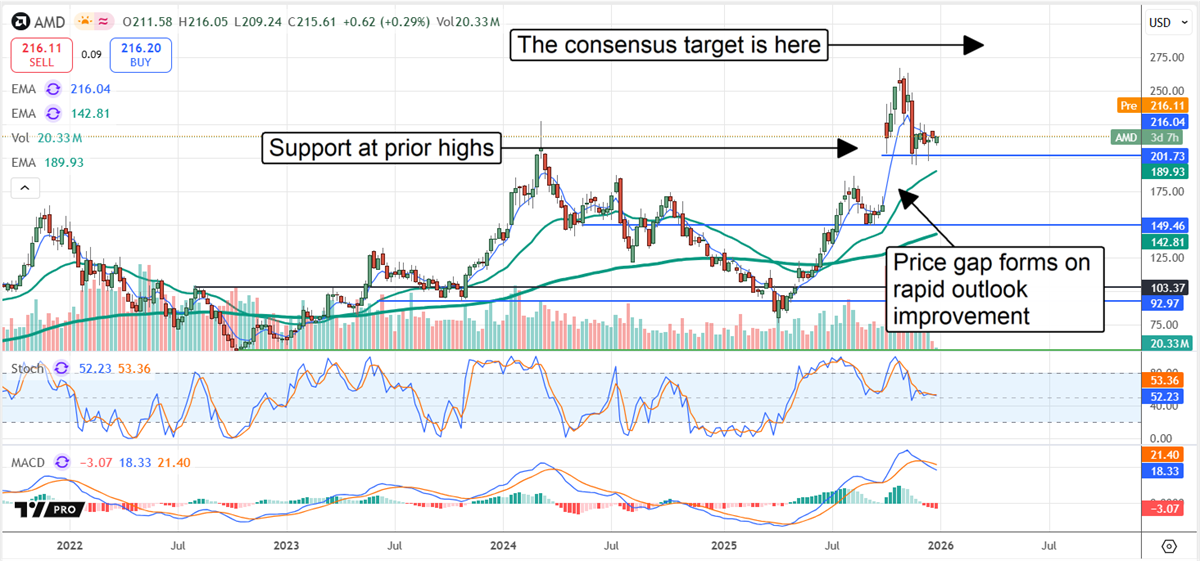NuScale Power: A Closer Look at a Stock with High Hopes
NuScale Power (NYSE: SMR) has sparked debate ever since it became publicly traded through a merger with a special purpose acquisition company in May 2022. Supporters admire its innovative small modular reactors (SMRs), which are designed to fit in locations unsuitable for traditional nuclear power. Critics argue that its stock price is inflated and that the company may find it challenging to grow its capital-heavy operations.
After closing its merger, NuScale’s stock debuted at $10.70 and climbed to as high as $15 within four months. However, it plummeted to below $2 earlier this year. Currently, the stock is trading above $20. Let’s examine this speculative stock further and consider its potential over the next decade.
Assessing NuScale’s Growth Potential
With an enterprise value of $2 billion, NuScale’s stock is trading at 87 times its projected revenue of $23 million for 2024. While this valuation may seem excessive, advocates believe the company can justify it as more customers opt for its SMR technology.
NuScale’s SMRs are compact, measuring only 9 feet (2.7 meters) in diameter and 65 feet (20 meters) in height. Their modular design allows for pre-fabrication, delivery, and assembly, which lowers costs and shortens deployment times—making them adaptable for many environments.
Currently, NuScale is the only producer of SMRs that has received a Standard Design Approval (SDA) from the U.S. Nuclear Regulatory Commission (NRC). This approval allows the construction of reactors capable of generating 50 megawatts of electricity. Yet, to be more economical than coal plants, these reactors need to produce at least 77 megawatts. The NRC plans to certify the SDA for these larger reactors by 2025, a move that could enhance NuScale’s scaling efforts in the coming years.
However, NuScale has faced significant challenges in the past two years. In 2023, rising costs led to the cancellation of its construction of six reactors in Idaho, and the company laid off 40% of its workforce, prompting a Securities and Exchange Commission investigation into its employment practices.
Iceberg Research, a notable short seller, has accused NuScale of inflating its growth prospects by creating “fake” customers and misleading investors about the potential NRC approvals. In response, NuScale branded the report as “inaccurate and deceptive,” asserting that it reflects a “limited understanding” of the industry.
Despite these setbacks, NuScale has continued to increase its share count to raise capital, while insiders have sold over nine times more shares than they purchased in the last year. This negative insider sentiment may restrict short-term growth, with nearly 20% of its shares still being shorted as of late November.
Examining Long-Term Opportunities
While NuScale’s current stock valuation appears high and the company is far from profitability, a report by IDTechEx suggests that the global SMR market could expand at a compound annual growth rate (CAGR) of 30% from 2023 to 2043. If NuScale maintains this growth rate, by 2034, its annual revenue could jump from $23 million to $230 million. Assuming it keeps its hypergrowth valuation of 20 times sales, this could elevate its market cap to $4.6 billion, translating to a potential increase of over 140% from its present trading level.
Moreover, if more corporations shift towards nuclear SMR solutions for cleaner energy, NuScale could achieve a higher valuation. Recently, Amazon announced plans to finance SMR development to support its move towards carbon-free energy. Additionally, the U.S. Department of Energy has made available up to $900 million in matching funds for developing more nuclear SMRs.
Securing some of this funding could enable NuScale to expand its operations significantly. The company has also formed a partnership with South Korea’s Doosan Enerbility for a reliable supply of SMR components.
Is NuScale a Worthy Investment Now?
NuScale’s stock may indeed rise over the next decade if it preserves its early market advantage, receives more NRC certifications, and secures additional funding. However, given the prevailing optimism reflected in its current valuation, it may be wise for investors to approach this volatile stock cautiously, rather than chasing its recent price increases.
Don’t Miss This Investing Opportunity
Have you ever regretted missing out on successful investments? Here’s your chance to consider this.
Our expert analysts occasionally release “Double Down” stock recommendations for companies poised for significant growth. If you’re concerned you might have missed your opportunity, now might be the perfect time to invest before it’s too late. The historical data speaks volumes:
- Nvidia: If you invested $1,000 when we doubled down in 2009, you’d have $363,593!
- Apple: If you invested $1,000 when we doubled down in 2008, you’d have $48,899!
- Netflix: If you invested $1,000 when we doubled down in 2004, you’d have $502,684!
Currently, there are “Double Down” alerts for three exceptional companies, and this opportunity may not last long.
See 3 “Double Down” stocks »
*Stock Advisor returns as of December 23, 2024.
John Mackey, former CEO of Whole Foods Market, an Amazon subsidiary, is a member of The Motley Fool’s board of directors. Leo Sun has positions in Amazon. The Motley Fool has positions in and recommends Amazon. The Motley Fool recommends NuScale Power. The Motley Fool has a disclosure policy.
The views expressed here are those of the author and do not necessarily reflect those of Nasdaq, Inc.






